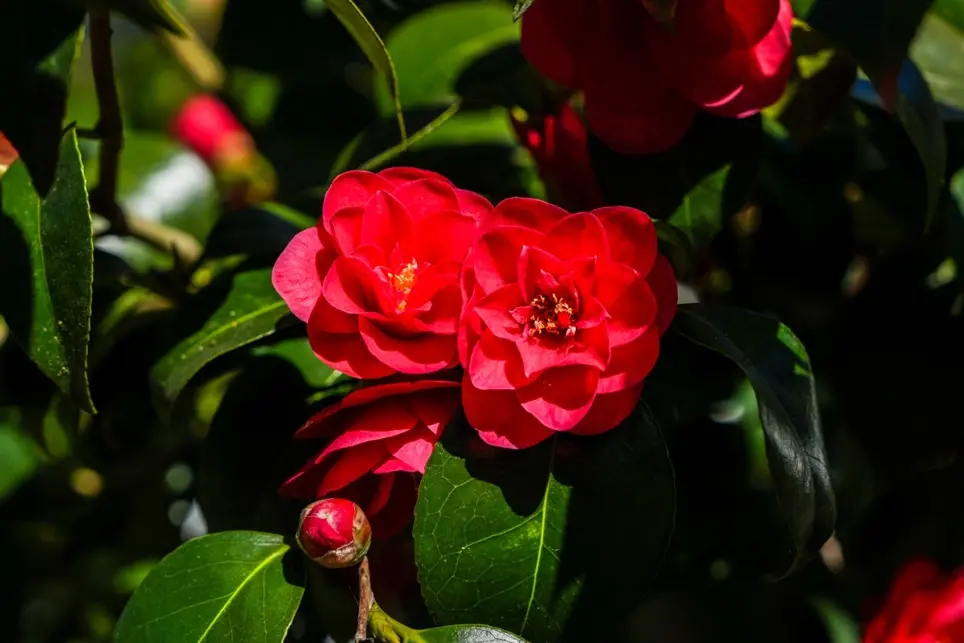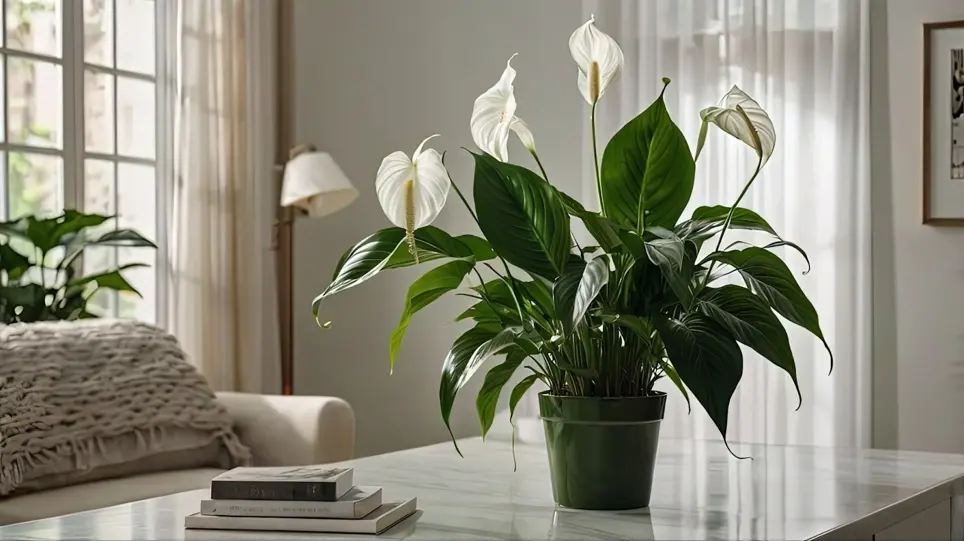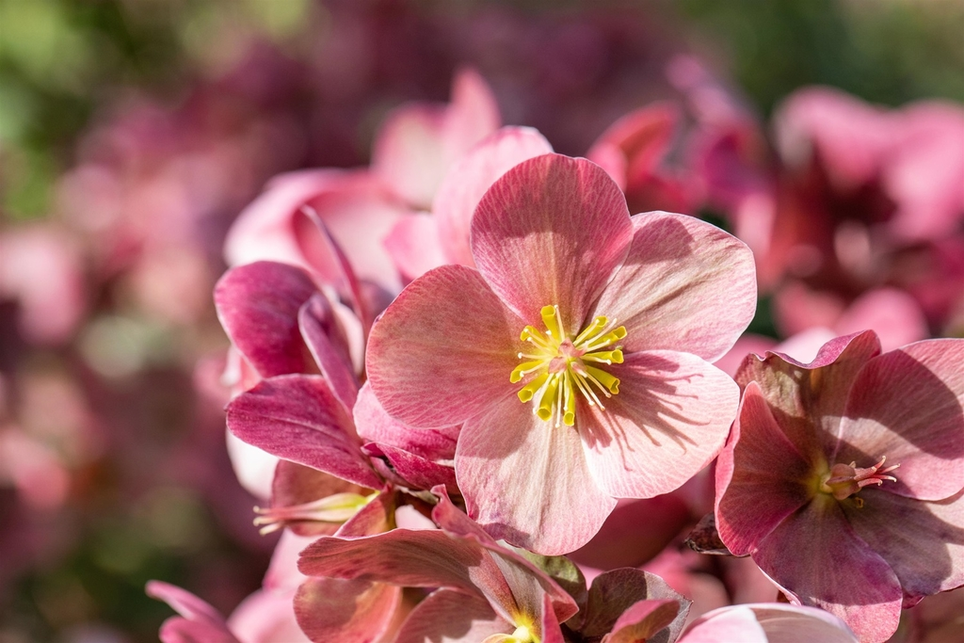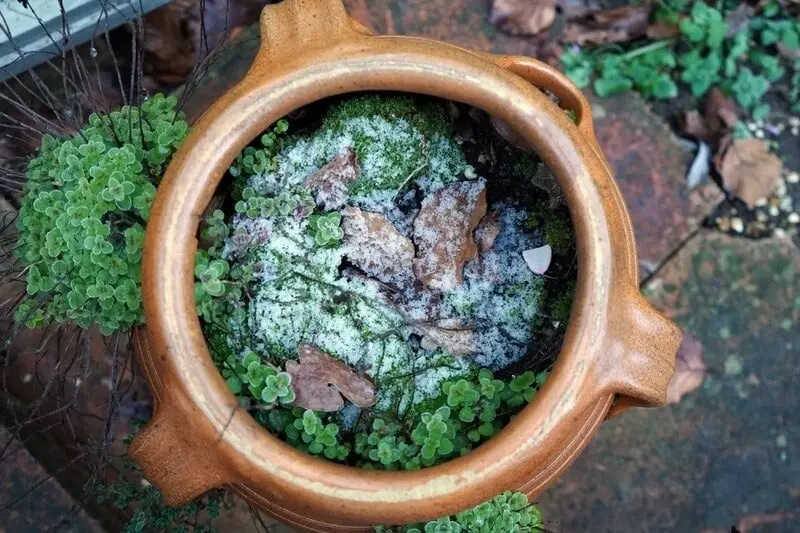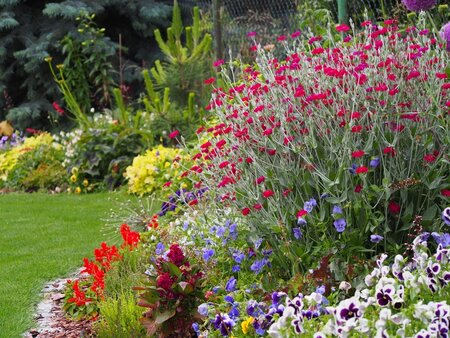
If you’re lucky enough to have a garden that gets full sun, there’s a huge range of plants you can grow. Most flowering plants are happy in the sun, and here are some that love to soak up those rays.
Sun-loving herbs
Mediterranean herbs including rosemary, thyme, lavender and oregano all love the sun and will also grow in relatively poor soil, making them very easy to grow in any garden. As well as being useful in the kitchen, these herbs also have beautiful flowers that look good in the garden and are fantastic for bees and other pollinators.
Drought tolerant plants
The downside of a garden in full sun is that everything can get very hot and dry in summer. If you don’t want to have to spend all your time watering, it’s a good idea to incorporate some drought-tolerant plants. Here are a few to start with:
- Stachys byzantina (lamb’s ears): a beautiful groundcover plant with large silvery leaves covered in tiny soft hairs, giving them their common name of lamb’s ear. They produce short purple flower spires in summer, but the real attraction is the silvery foliage.
- Sedum (now called Hylotelephium, also known as stonecrop): succulents with fleshy green or purple leaves and clusters of flowers in late summer that magnet for bees.
- Cistus (rockrose): an evergreen shrub covered in large pink or white flowers in summer.
- Eryngium: a sun-loving perennial with fabulous steel-blue spiky flowers that bees love.
- Lychnis coronaria: a perennial that self-seeds liberally, with silver foliage and bright pink or pure white flowers in summer.
How to be waterwise
Sunny gardens will need some watering, but it’s important to use it effectively, with water becoming a precious resource. Here are few simple ways to be more waterwise in your garden.
- Mulch beds annually with a thick layer of organic matter such as well-rotted farmyard manure or compost. This improves soil structure and helps the soil retain moisture, reducing water beds during dry periods. Ideally, do your mulching in autumn or early winter once all your perennials have been cut back and you have space to work in the bed. With a bit of luck, earthworms and other soil organisms will help work the mulch into the soil over winter. You can also mulch in spring.
- When watering in new shrubs and trees, please give them a thorough watering every few days. This encourages the roots to grow deep and is better for your plants than a little watering every day.
- Water in the morning or evening when it’s cooler and less water will be lost through evaporation.
- Install a water butt to collect rainwater for use in dry periods.
If you want to learn more about waterwise gardening, we recommend you to read our previous articles about this topic. It's important to know how precious water is, and how to use it wisely.
Get your garden looking great this summer with some sun-loving plants from our exciting range. Visit our centre soon to see what’s new!




